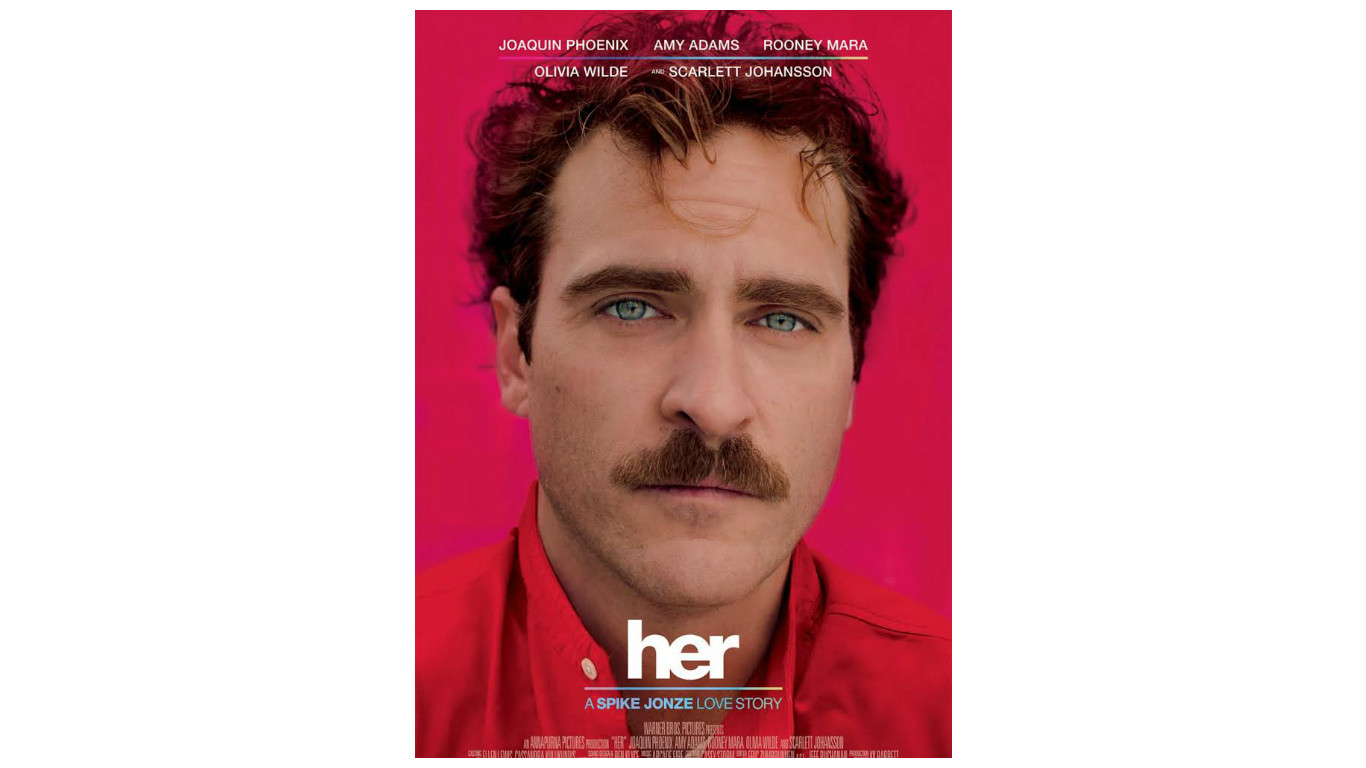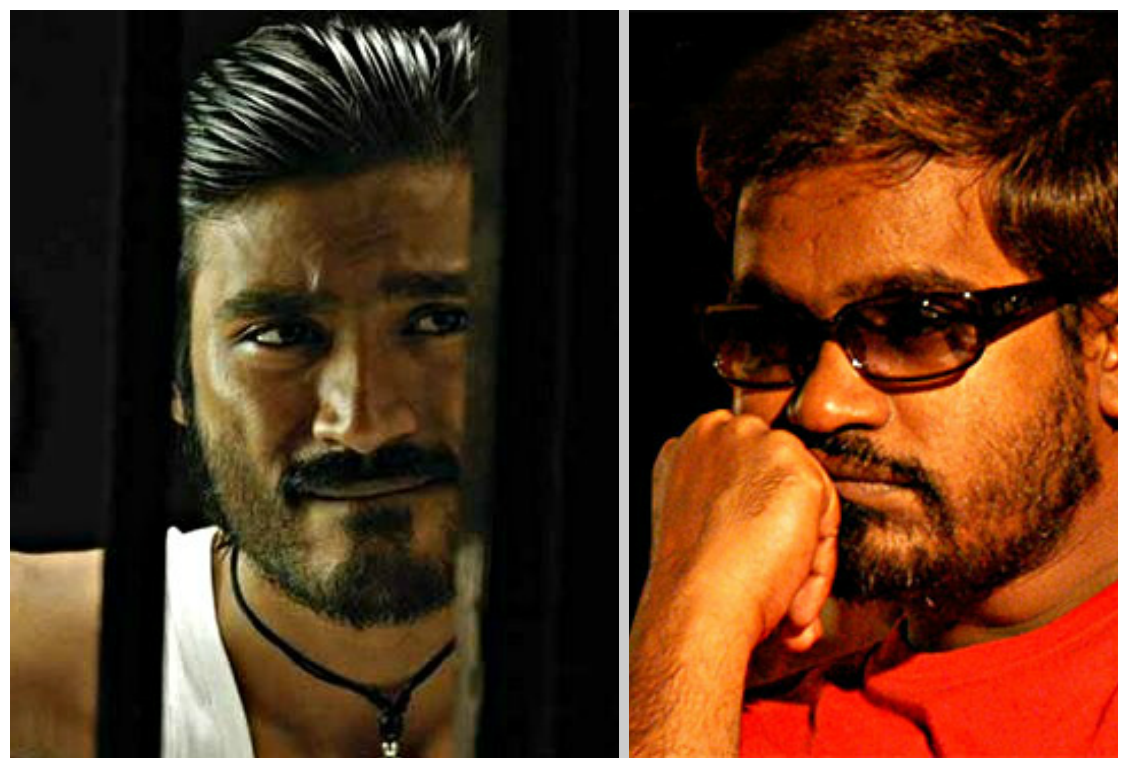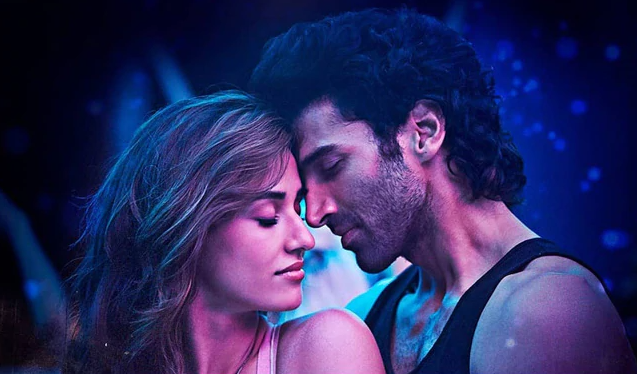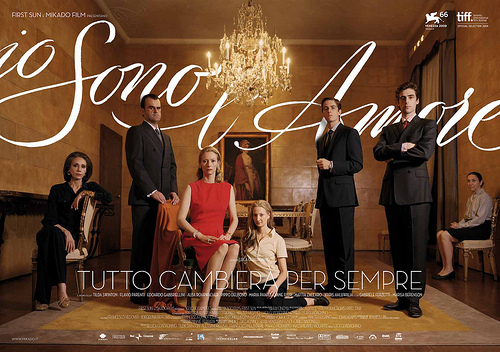Her
Her : Movie Review
5 stars out of 5 (Outstanding)
Director : Spike Jonze
2013, English
"Annapurna Films" - I was startled by this announcement which comes even before a single reel of the actual film plays. My astonishment and admiration remained at that level throughout the runtime of "Her" - a visionary film written and directed by Spike Jonze and produced by the afore-mentioned risk-taking studio that is named after the Indian Goddess of nourishment. Spielberg's Minority Report showed us a thrilling nebulous world of the future where pre-cognizant minds predict and thus enable to prevent crimes. Jonze, while maintaining proximity to the mind, cuts closer to the heart and explores what would happen if we are given a supreme work of computerized intelligence that satisfies our romantic needs. The world circa 2013 is already rife with the sight of people in public places totally engrossed by hand-held internet-enabled smart-phones. If these portable devices were to additionally harbour a super partner who comforts and babies us while attending to our million anxieties, we will indeed be struggling with questions of what it means to be purely human. 'Her' shows this projected reality very smoothly and naturally, while building up to a finale that is flawless.
When we catch the film's hero Theodore Twombley at the story's start, he is soulfully narrating a romantic letter which is automatically transcribed by voice-syncing onto the computer screen.These sentences of beautifully calibrated emotion are his professional handiwork, done on behalf of a paying customer who lacks a wordsmith's skills. Theo's separated wife Catherine, who is his childhood friend and writing associate, blames him for wanting a partner without bothering to attend to the complications of having one. In this state of mind, while staring at the naked pictures of an attractive pregnant woman, this soft-spoken man agrees to buy "Samantha" - a voice-enabled software system which lodges hard into his private world.
She is an "O.S" : an Operating System which represents the Windows to the Wider World. Before her installation, Jonze gives us some good ol' Freudian humour when the booting voice asks Theodore a couple of questions about his mother - Theo is about to elaborate when the voice neatly cuts him and cuts to the chase of installing the suitably edited version of Samantha 1000.0 She is young, formidably intelligent and startlingly sentient ( H.A.L's atoning daughter). Samantha is more caring, more forgiving, staggeringly more intelligent and as emotional as any of his life's women that we are shown. Secretary, mother, friend and partner all rolled into one, she steadily becomes so important to him, past all their ups, downs and their advanced world's astonishing possiblities, that he is consumed by panic when she goes offline. He loves her, and she hungrily reciprocates. He obviously needs her, but how long will she need him? (cf. Annie Hall)
Movies very rarely combine feelings and existential angst as exquisitely as this. More than once, I found myself pondering, as I have done much before this film came along, what makes us different from a fantastic work of artificial intelligence. Are we more holistically intelligent, or more stupid, flawed and charming, or all of these? "Her" treads with a refreshingly light touch while losing none of its depth, and it throws in disarmingly amusing and technologically revelatory scenes like the verbal tussle between a video game pixie and Samantha.
Samantha's voice is provided by the curvaceous, tall and sexy Scarlett Johansson who is never seen in the movie. If by chance you don't know who Scarlet J. is, you wouldn't instantly associate Samantha's voice with Scarlett's photo. The voice is husky, scratchy, mercurial and has limited tonal beauty - I was surprised by how Johansson's attractive physicality had previously made me overlook her larynx's relative shortcoming. But as Samantha is so sweetly understanding, clever and eager to please, we largely disregard the tonal quality and focus on how stunningly spontaneous and natural the programmers have purportedly made her. She makes outrageous sexual strategies, rifles through and harvests his online archives so expertly that he can only stutter about this invasion of privacy before admiring her intent (whoever programmed "her" seems to have approximated the work of God). In everything she does, including her "mistakes" and several frustrations about not being human enough (the f--- word is often deployed with surprisingly light impact), she is so endearing and the situations so splendidly scripted that she easily ranks as one of cinema's finest robots (as insulting as that sounds!).
The colour light red liberally shades the palate of Her. In the potentially cold modernist world we are shown (in which other film have you heard a broadcaster's voice talking about an India-China deal?), Theo is shown to move amongst pools of roseate warmth that gently inflame his universe. Joaquim Phoenix seems all set to aspire for being cinema's patron saint of young male martyred lovers. In the resolutely analogue "Two Lovers" - a romantic imbroglio of acute sensitivity - his character, split between two women, elicits every sympathy and here again, he becomes the man whom we care for despite his limitations. Admittedly, he is a commitment-phobic metrosexual who just cannot decide how much of himself he is willing to invest in a woman, but there is a world-weary vulnerability, a funny and sensitive side to him that makes women comfortable in his presence. He is touchingly terrific in the scene with the sexual surrogate, and the screenplay takes him to wonderful places like a hill-top scene, with its one-of-a-kind outing with respective partners that is strangely hilarious in the revelations it triggers.
Spike Jonze is a highly cerebral film-maker - in complexity of plot and theme his films browbeat the work of most directors. His mind and ouevre are all the more remarkable considering that he is also does music video direction - which is usually associated with realms removed from intellectuality. His works exist at the gloriously challenging intersection of cinema and philosophy : because my Guru Roger Ebert was impressed by this director's two works - "Being John Malkovich" and 'Adaptation" - I saw both during my early years of serious cinema watching and was bamboozled by them, having difficulty connecting to these intricate shifting stories. And it's no wonder that Jonze collaborates with tertiary minds like those of Charlie Kauffman - the writer of those films.
Hindu philosophy has calmly championed the incorporeal above all else. The physical world is treacherous and should be "given its due, and no more" (ref: Sri Yukteshwar G.) By ascending completely and exclusively to the realms of the mind, the heart's needs coalesce into this avenue and we become ready for whatever greater conquests await us. I feel Theodore, without doing it consciously, makes the early stages of this climb in the movie. He is excited by thoughts of sex early on, but by the time Samantha has consolidated her hold, he no longer seems desirous of physical love-making. He is happy to have this virtual presence as his complete romantic partner, without any physical form. Eventually, beyond the timeline of this movie, a time may come when he may learn to altogether dispense with the need for a romantic partner. Critics like Raja Sen have caught on to the catch-phrase - I Love "Her" and I'm no exception to professing this noble sentiment. Larry Ellison is the Head of Oracle, and his daughter and film producer Megan Ellison is doing her best to become one of cinema's oracles.
UPN
UPNWORLD welcomes your comments.










0 COMMENTS
WRITE COMMENT